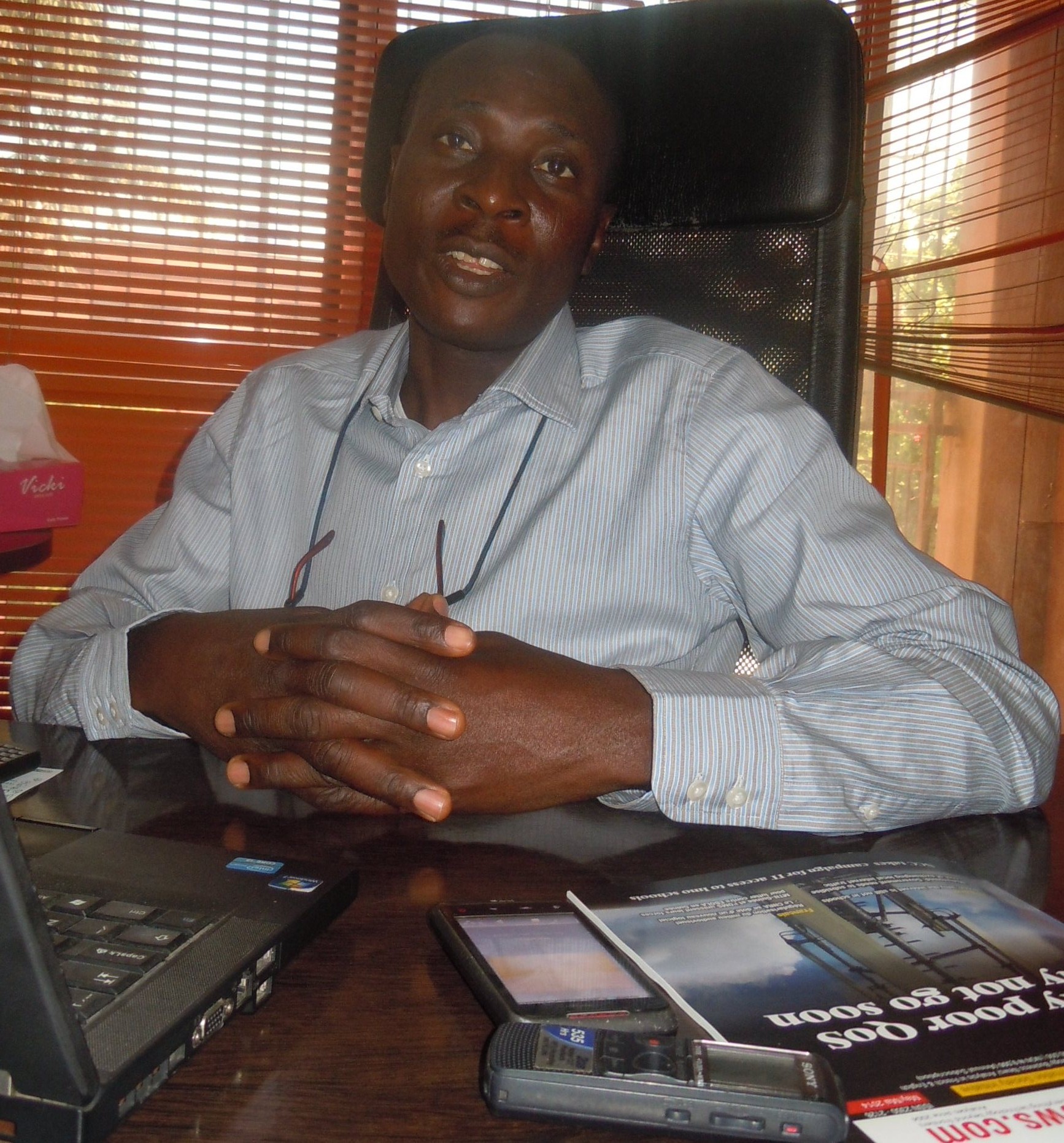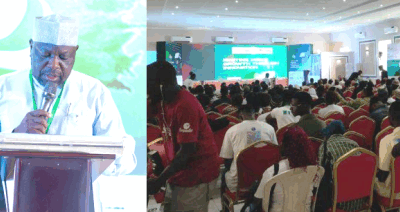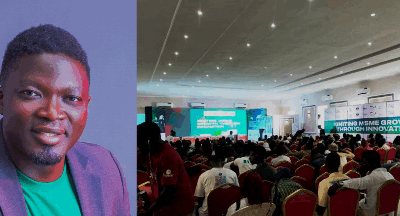 [LOCAL CONTENT] BOILS DOWN TO ABILITY OF NIGERIANS, BE IT GOVERNMENT OR PRIVATE INDIVIDUALS BELIEVING IN NIGERIAN CAPACITY AND PROJECTS SUCH AS NIGERIAN SOFTWARE, ICT CONTENTS AND CABLING. NIGERIANS AND LOCAL FIRMS SHOULD BE GIVEN A CHANCE.
[LOCAL CONTENT] BOILS DOWN TO ABILITY OF NIGERIANS, BE IT GOVERNMENT OR PRIVATE INDIVIDUALS BELIEVING IN NIGERIAN CAPACITY AND PROJECTS SUCH AS NIGERIAN SOFTWARE, ICT CONTENTS AND CABLING. NIGERIANS AND LOCAL FIRMS SHOULD BE GIVEN A CHANCE.
In this interaction in Lagos, Mr. Toluhi Rotimi, the MD/CEO of Atorj, a Lagos based communication infrastructure tells IT Edge News, Anthony Nwosu that foreign companies are ripping off Nigeria and government needs to act now.
Can you talk about Atorj and the services it offers?
We are an ICT firm that is basically a communication infrastructure provider. We have been in the industry for over 15years. We started with cabling for data, voice and fiber optics. We have executed and completed projects in various sectors of the Nigerian economy such as the telecommunication, insurance, financial industry, etc. We have evolved into a firm that does turnkey projects, etc. Presently, we are doing turnkey projects for so many firms and we have done this for so long.
What are the unique challenges you face as an organisation?
Apart from the basic complaints most organisations say such as power, one of the major challenges is human capital. There are not too many competent and trustworthy people to employ. Many graduates want to leave school and start to live in luxury without paying the price. For the new companies, the biggest challenge would be inability of government to give tax exemption. I could remember starting this organisation from university. The issue of tax exemption is very important. It helps the ICT organisation to grow for a certain time. I look at the complexities of the economy and how it is to operate, especially the new ones. It’s not all about the government creating jobs, but it’s all about creating an enabling environment for entrepreneurs to strive and create jobs. Government has no business creating jobs or doing business. ICT has the capacity to employ large people.
How can local content be applied in ICT industry?
This is very important, I could remember when there was pension reforms and somebody insisted on the newly registered operators to buy a software from a foreign firm, ISPON insisted on the software be made here in Nigeria. They were very aggressive and luckily today that programme is being run on the Nigeria software so it seems. It boils down to ability of Nigerians, be it government or private individuals believing in Nigerian capacity and projects such as Nigerian software, ICT contents and cabling. Nigerians and local firms should be given a chance. Here you will see some cabling projects and turnkey projects being given to foreign firms with emphasis on Asians. This is wrong and I think the Nigerian firms should be considered before this contract is being given out. It is a way of growing our capacity. This Asian firms end up employing and bringing people who are not half as qualified as some Nigerians to Nigeria.
How can the issue of human capacity be addressed in Nigerian ICT industry?
The problem starts from Nigerian educational system. I am of the opinion that ICT should be incorporated in the faculties practically and there should be a pragmatic approach to ICT adoption in Nigerian tertiary education as it is done in India and other South East Asian countries. I have come to realise that the syllabus in the university is a bit old fashioned. We are not just talking about selling handout without practical experience but also that the Nigerian students should have a change of mindset and understand that there is a learning curve. They have to realize that it takes patience. I personally supplied a computer on a bike before. Today no graduate wants to delay gratification. I believe if we correct these things, we can’t be talking of dearth of human capacity.
Do you think government’s agencies saddled with ICT regulations are doing enough?
I will say capital No! The government is not doing enough in terms of regulation and execution of policies. Today you get to see many organisations from overseas doing the job that a local Nigeria firm can handle. These government bureaux should be focusing on local content in ICT firms. Why should we have these foreign firms running cable services and turnkey in the country? I think it is wrong. The most annoying thing is that these foreign firms sub contract these jobs to Nigerian firms and pay them stipends. So to me NCC and NITDA are not doing enough. Another thing of note is that Nigeria as a country didn’t start the telecoms industry on a good foundation. It seems that we hit the ground running; there was no time to understudy other countries on how they were able to develop their communication industry. In other developed countries you don’t get to see every Tom, Dick and Harry laying cables everywhere. There is always a firm in charge of these cabling, in some cases it’s the state or federal government that lays the cables then these telecommunication firms will rent or lease these cables. Instead of breaking roads and drainages in the name of laying cables, what an average telecommunication firm needs is about a fraction of the 92 core cable laid. So you can see the wastage and the subscribers bear the brunt. The government would have been making money by collecting rents for a long time. This is how it is done elsewhere.
You have recently diversified to other realms of ICT, can we know it?
Yes. We have moved to data and information management. We are helping companies to manage information. We just signed a partnership with a major world player in data and information management to grow local capacity. Companies have been able to move from running cable to managing information till when they need it. That is where we are going. We help these firms create a management system in-house.
What is your market projection?
We are developing a lot of solutions with our new partners and we are looking at mobile content also. These days, no firm can overlook this part. We will be releasing a mobile application soon. I strongly believe in Nigerian software. So apart from the cabling and communication infrastructure, we are looking at content area also. So in the next few years we shall be expanding our offerings to Nigerians.
‘Government and private individual should believe in Nigeria capacity and projects such as Nigeria software, ICT contents and cabling. I think that Nigerians and local firms should be given a chance’
‘The Nigerian students should have a change of mindset and understand that there is a learning curve. They have to realize that it all takes patience; I personally supplied a computer on a bike before. Today, no graduate wants delay gratification’





























